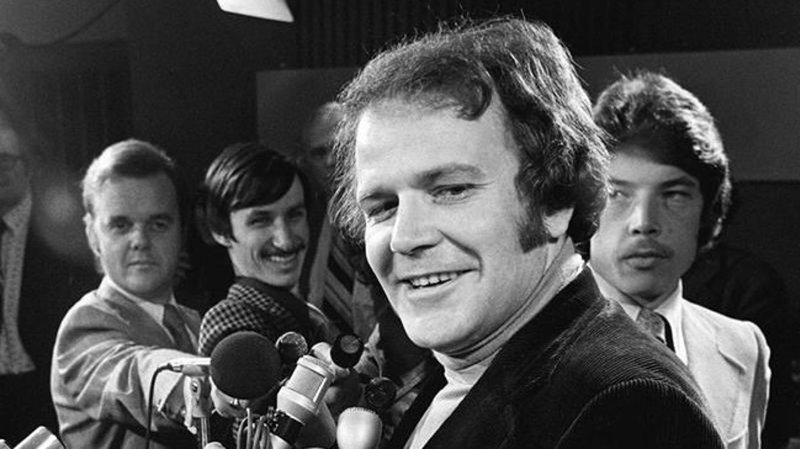
Keith Spicer, Canada’s first official languages commissioner, dead at 89
OTTAWA — Keith Spicer, Canada’s first commissioner of official languages, died Thursday in Ottawa at 89.
Canadians who closely followed the constitutional debates of the early 1990s might remember him as the man who starkly described the “fury in the land” against the prime minister who had named him to lead a commission on national unity.
Those nearest to Spicer remember him as a hard-working family man who brought a sense of humour to his often high-ranking roles — and someone who preferred to drink his beer from a wine glass.
“Because that’s how they drink it in Paris,” his son, Nick Spicer, said in an interview Monday after arriving in Ottawa to be with his father in hospital.
